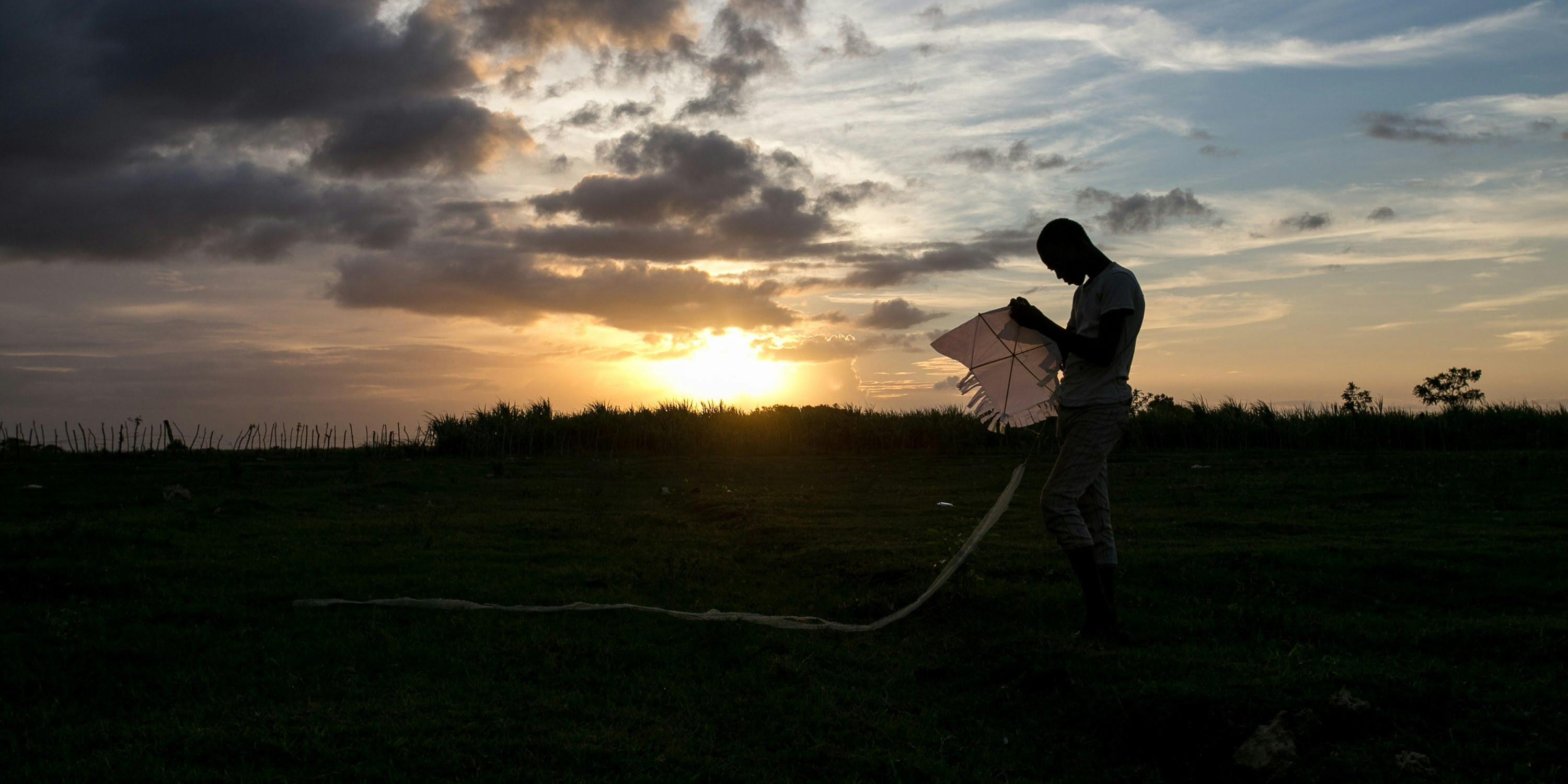- Author:
- Kelly Moynihan
- Published:
- October 26, 2015
- Favorites:
- Tagged In:
- Student Travel Dominican Republic
Photographer guide and Rustic Crew member Michelle Kanaar worked with us in the Dominican Republic last summer, where she spent time in the bateyes, marginalized Haitian-Dominican communities mostly populated by sugarcane workers. Kanaar recently wrote an article for the Miami Herald about the hardships faced in these communities, most notably the ongoing struggle to get the Dominican government to pay pensions owed to thousands of sugarcane workers. The article explains the struggles these communities face and is one of the reasons why Rustic Pathways has partnered with ASCALA to serve in the bateyes:
BATEY PUNTA AFUERA, DOMINICAN REPUBLIC
Leonor Mesille has spent most of his life bent over cutting sugar cane.In 1947, he left Haiti for the Dominican Republic seeking food, money and opportunity. He ended up earning $50 a month working on a plantation that exported most of its sugar to the United States. At 71, he lives in a modest wooden structure with a tin roof. He has no retirement savings.
Over the past 19 years, Mesille has submitted the required paperwork on three separate occasions to collect his pension, which he says is owed to him for the 56 years paid into the social security system, a majority of which was spent working for Central Romana company. Mesille said if he was granted a pension, he would collect an estimated $100 per month, enough for food and access to healthcare. He blames government bureaucracy.
Between 8,000 and 10,000 sugar cane workers, the majority of which are Haitian immigrants, are still waiting for their pensions in the Dominican Republic, according to the Scalabriniana Association for the Service of Human Mobility, ASCALA, a local human rights organization that focuses on immigrant rights, and the National Commission for Human rights, CNDH.
Many are undereducated, undocumented immigrants struggling to navigate government bureaucracy, well-known for outdated recordkeeping. Others have struggled to prove that they are eligible for a pension because, like Mesille, they worked most of their lives undocumented.
The pension process paints a picture of the confusing way in which the Dominican system works, especially for Haitian immigrants. The hardest requirement is to provide copies of their national identification cards. As an alternative, they may provide copies of their employment cards issued by the State Sugar Council, CEA, which operated the sugar mills where the majority of Haitian immigrants worked.
Labor activists say that many of the aging former workers were lured to the Dominican Republic and ended up in jobs that rivaled slavery. As they’ve grown too old to work, the government has tried to deport some of them back to Haiti, but the retirees are fighting to stay in hopes that they can collect the pensions.
Read the full article at the Miami Herald website. If you want to learn more about the issues sugarcane workers face in the bateyes and how you can help, ASCALA and the Rustic Pathways Foundation are great resources. If you want to see more of Kanaar’s work, you can visit her website.
Kelly Moynihan
Peru Country Director
More than a decade of program leader experience, fluency in Spanish, and commitment to community service make Kelly a natural fit to direct our Peru operations. Previously, Kelly worked in Costa Rica with indigenous communities and turtle conservation efforts after joining Rustic in 2008. Originally from New Jersey, Kelly earned a degree in journalism from American University in Washington, D.C.
